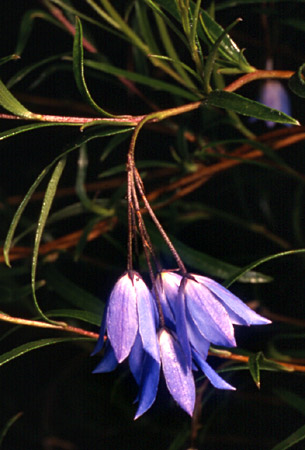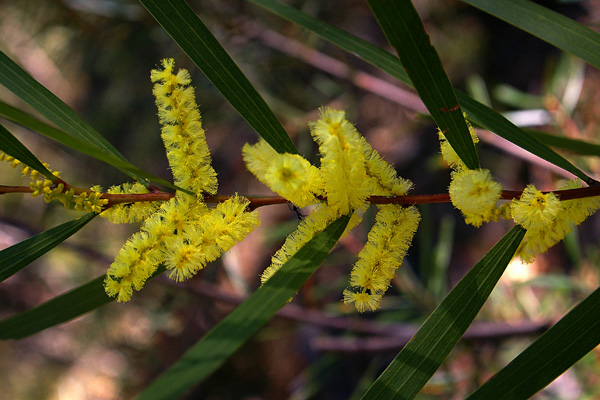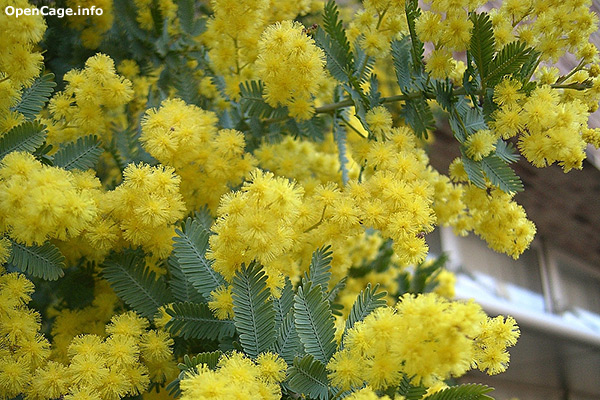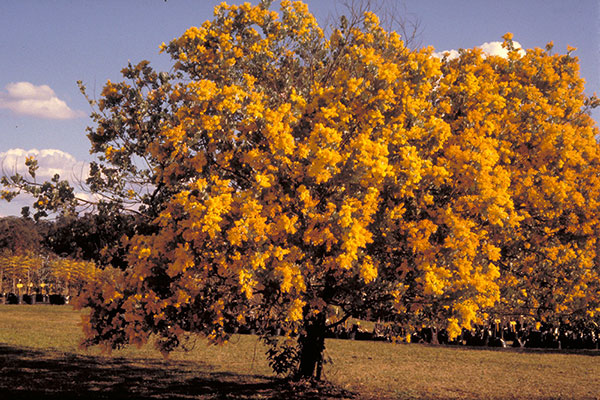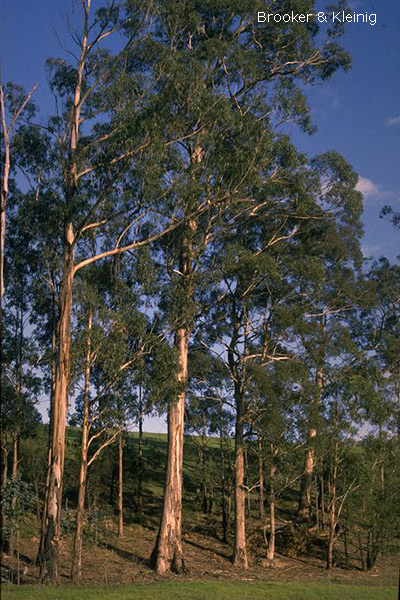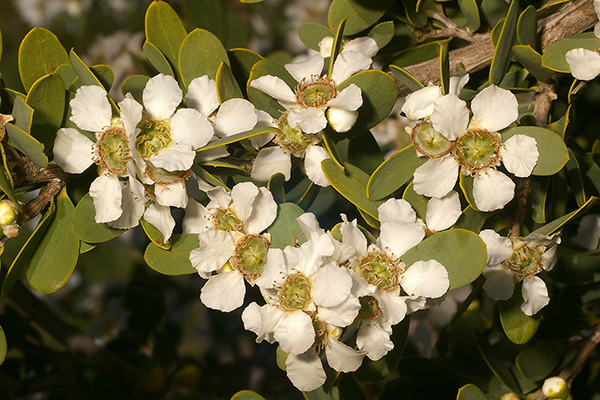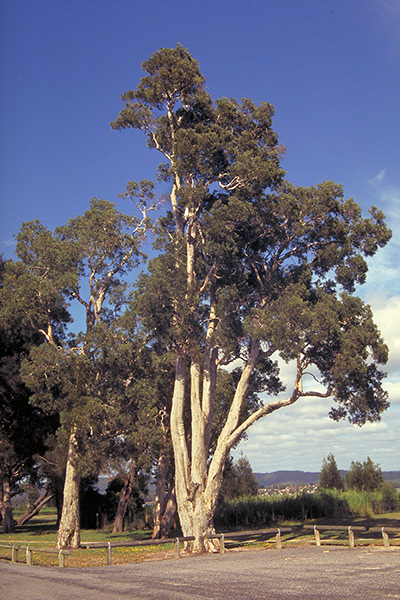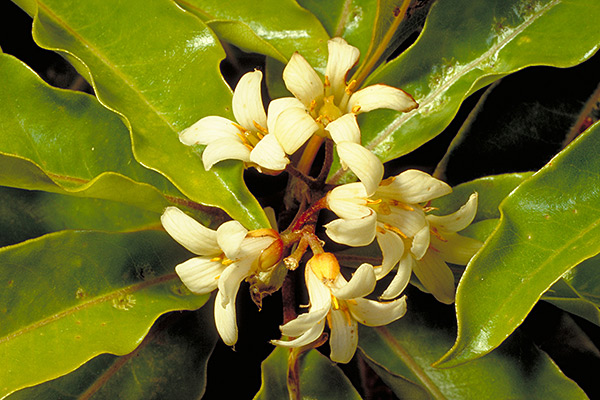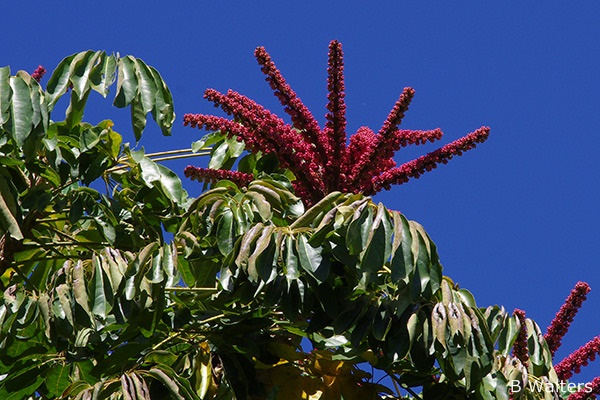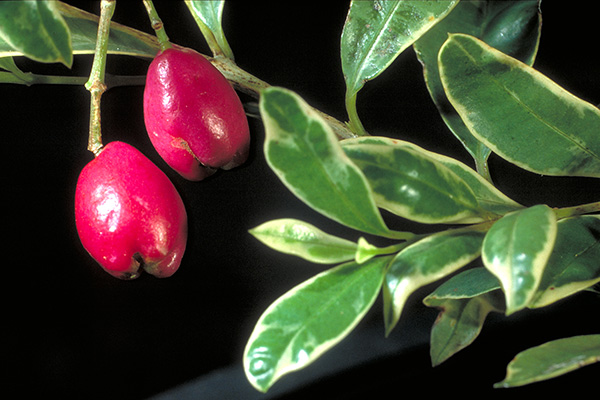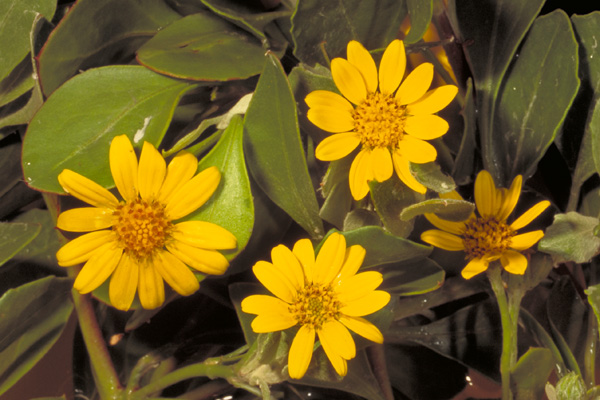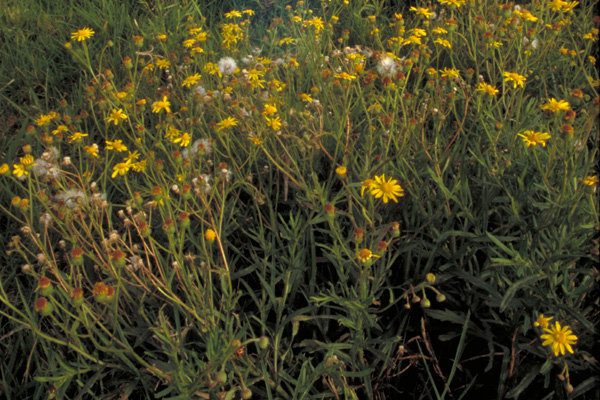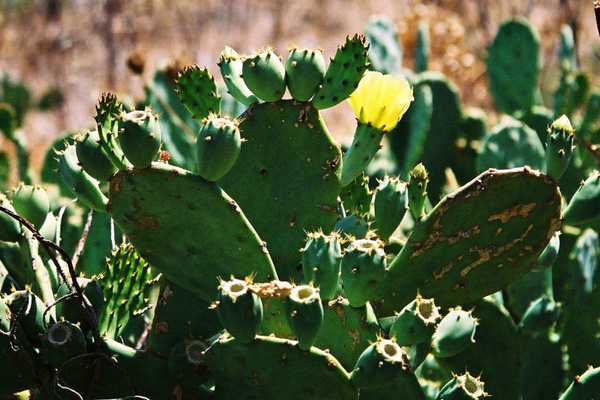Vale Bill Payne
Few members of ANPSA have contributed as much to the development and success of the organization as Bill Payne. Bill devoted an enormous portion of his life to the organization – he was the first editor of the Australian Plants Journal in December 1959 and retained that position until he was finally edged out in 2002/2003.
The Journal was printed only because of Bill’s determination and commitment; initially he had to overcome state rivalries; he had to operate on a limited budget necessitating less expensive methods; he personally had to pursue members and non-members for copy and photographs. Only because of Bill’s input, the publication continued and improved over the years.
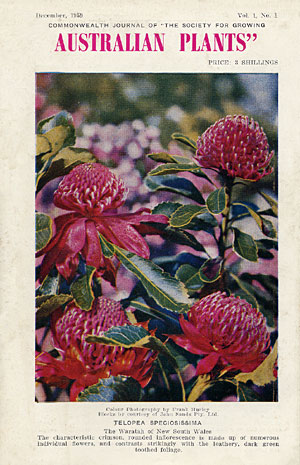 |
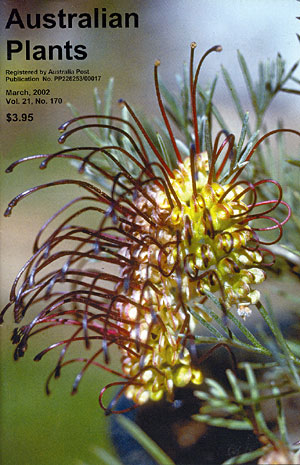 |
| Issue No. 1 (December 1959) and Issue No. 170 (March 2002), the first and last issues of Australian Plants produced by Bill Payne. |
|
The Journal is acclaimed world-wide and is a monument to Bill’s achievements and the sacrifice he, and inevitably his family, made to native plants. Bill’s persistence irritated some contributors and would-be contributors and some of his actions in attempting to provide copy, understandably brought criticism.
Never-the-Iess his best intentions ensured the continuation and success of the Journal. There was some criticism of the printing method and quality of colour and a group pursued Bill for some years. Bill never revealed that at the height of the controversy he printed two copies by the advocated method – and no one noticed.
The Australian Native Plants Society (Australia) owes Bill Payne a huge debt of gratitude for his dedication and commitment to the very foundation of the Society and over so many years since.
David Hockings 27/11/2005
(From the March 2006 issue of the newsleter of the Queensland Region of ANPSA)
Another organisation that owes a considerable debt to Bill is the Australian Flora Foundation. Bill was involved in the establishment of the Foundation, was its first Vice President, a major fund raiser, and a Councellor of the Foundation from the first day of its creation until the day of his death.
Bill Payne died in November 2005
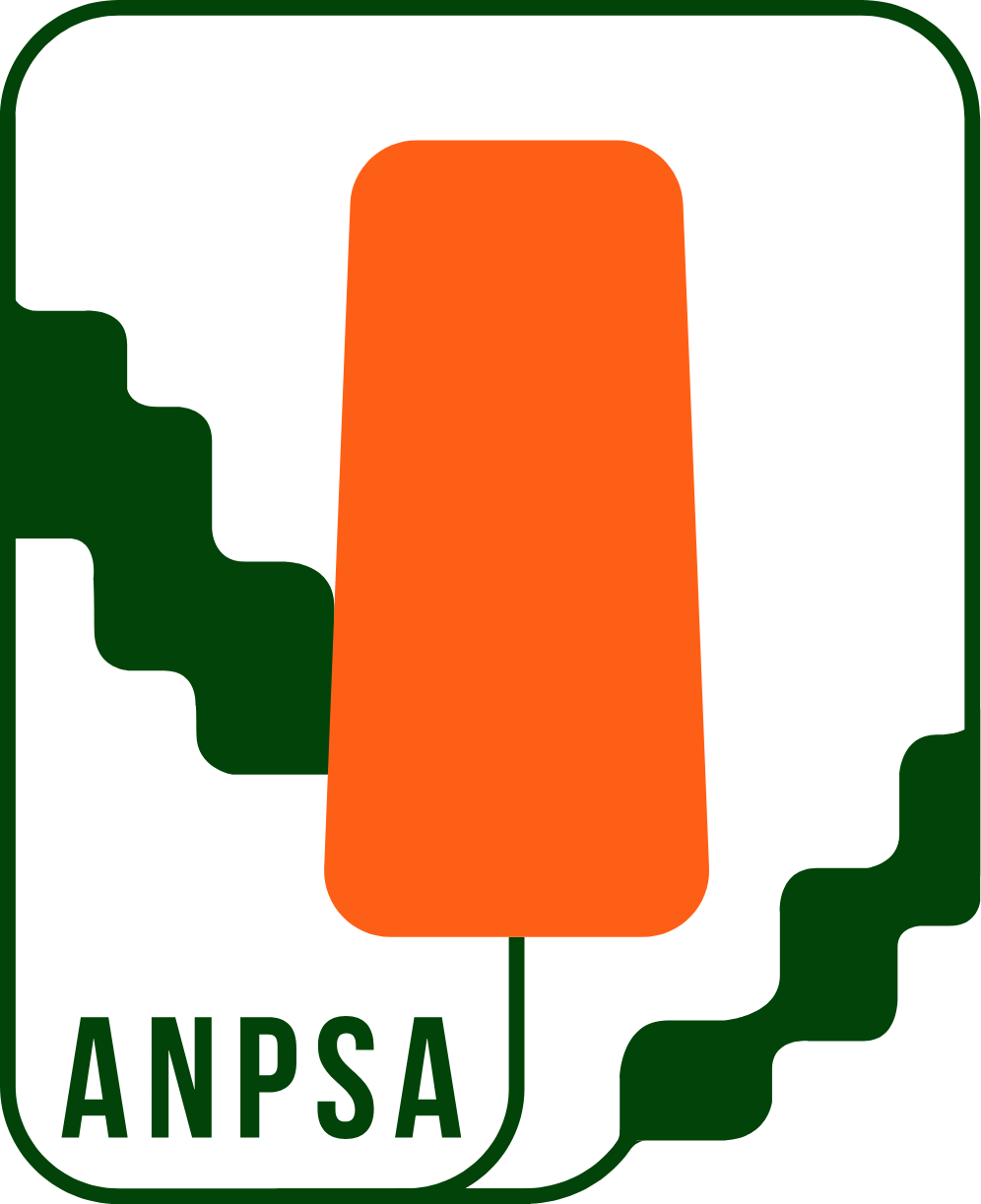 Australian Native Plants Society (Australia)
Australian Native Plants Society (Australia)